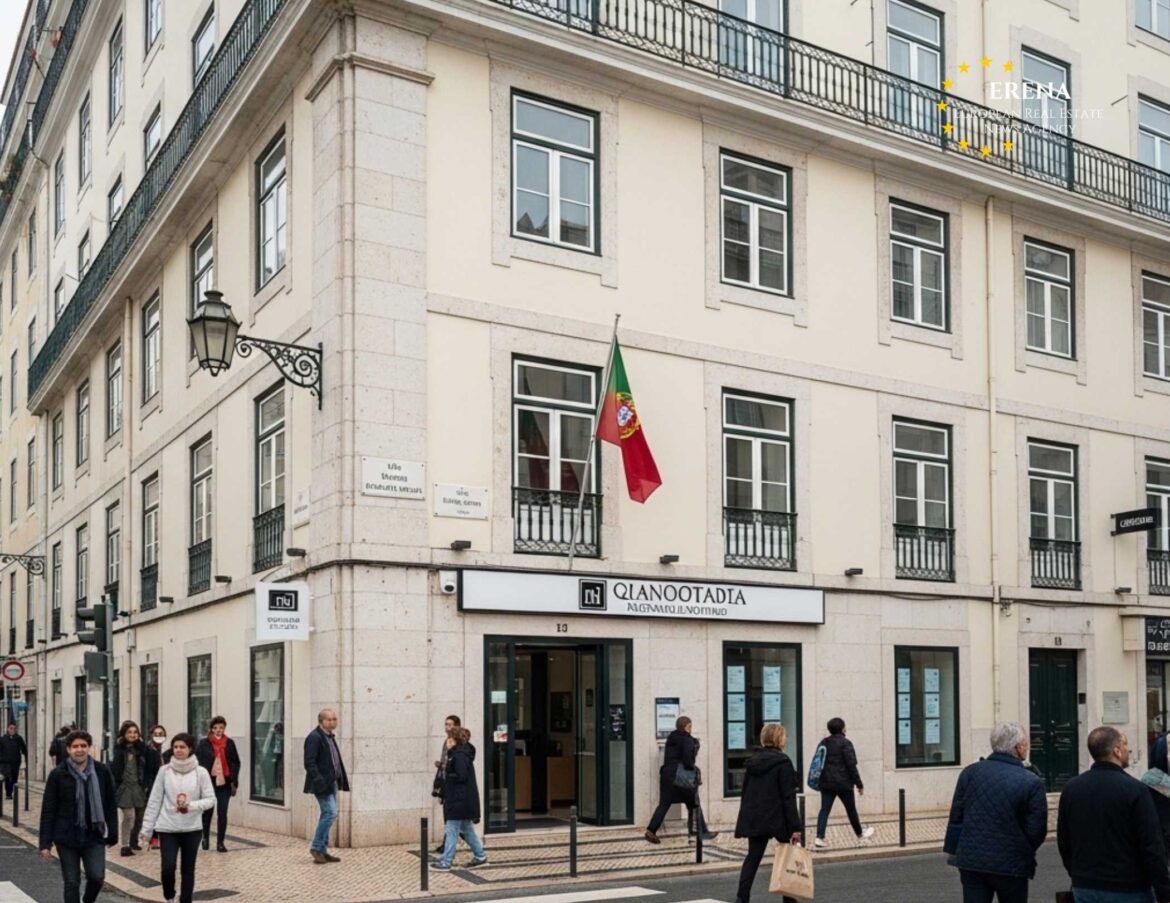As part of the global fight against money laundering and terrorist financing, Portugal has tightened regulations across various sectors — with real estate being a primary focus. One of the key instruments used in this process is the mandatory completion of AML (Anti-Money Laundering) forms for all property transactions. These forms are critical for ensuring transparency, preventing abuse, and protecting the integrity of the Portuguese property market. In this article, we explore why AML forms are required, who must complete them, what happens if they are not submitted, and how buyers — especially international investors — can prepare.
Legal Framework and Portugal’s International Commitments
Portugal, as a member of the European Union, is bound by the EU’s 5th Anti-Money Laundering Directive (5AMLD). This directive has been incorporated into national law, most notably through Law No. 83/2017, which sets out preventive and control measures to combat money laundering and the financing of terrorism.
Under this legislation, all real estate transactions are subject to mandatory scrutiny, including the identification of all parties involved, verification of the source of funds, and risk assessment. AML forms are essential tools in this process — they allow authorities to monitor fund origins and detect suspicious activity before deals are finalized.
What Are AML Forms?
AML forms are standardized documents that must be completed by all parties involved in a real estate transaction. These forms typically include the following information:
- Personal and corporate details of the buyer, seller, and intermediaries
- Detailed information about the payment method and source of funds
- Disclosure of beneficial ownership (if applicable)
- Confirmation that customer due diligence (KYC – Know Your Customer) has been performed
- Declaration of the accuracy of the provided information
These forms serve not just as records, but as legal instruments that help trace, verify, and — when necessary — halt transactions that do not meet regulatory standards.
Who Is Required to Submit AML Forms?
AML compliance is mandatory for a wide range of actors involved in property deals:
- Buyers, both individuals and corporate entities (including non-residents)
- Sellers, regardless of nationality
- Real estate agents and brokers, who are required to perform initial due diligence
- Lawyers and notaries, who validate and register the transaction
- Banks and financial institutions, especially when providing financing or processing payments
Thus, the AML framework encompasses everyone in the real estate transaction chain, ensuring accountability at every step.
Why This Matters Especially for Foreign Investors
Portugal continues to be one of Europe’s most attractive real estate destinations for international buyers. In 2024, over 15% of all property transactions were conducted by non-residents, particularly in Lisbon, the Algarve, Porto, and Madeira.
Cross-border transactions carry a higher risk of money laundering due to limited visibility over foreign financial institutions or offshore company structures. Therefore, AML forms are a critical tool for verifying the legality of foreign funds and preventing illicit activity.
Moreover, investors applying for Portugal’s Golden Visa or Non-Habitual Residency (NHR) program are also required to provide documented proof of fund origin — AML forms are integral to these processes.
Risks of Non-Compliance or Misreporting
Failure to submit AML documentation or providing false information can lead to serious consequences:
- Suspension of the transaction by the notary or registrar
- Invalidation of the contract if fraudulent activity is uncovered later
- Referral to Portugal’s financial intelligence units, including the SIS and UIF
- Fines of up to €1 million for legal entities
- Rejection of residency applications, including Golden Visa requests
Importantly, not only the buyer and seller are liable — real estate professionals, notaries, and banks are also held accountable for ensuring AML compliance, especially when dealing with high-risk clients (such as politically exposed persons or offshore entities).
How to Properly Prepare AML Forms
To ensure a smooth property transaction, buyers should take the following steps:
- Gather documents confirming the origin of funds — such as bank statements, investment reports, sale of assets, or tax returns
- Engage a licensed lawyer or real estate agent familiar with Portuguese AML regulations
- Provide full transparency about company ownership structures, if the buyer is a business entity
- Verify that your bank and notary perform KYC checks
- Understand and sign the AML form, knowing that it carries legal liability in case of misrepresentation
Digitalization and the Future of AML in Portugal
Since 2023, Portugal has been implementing a centralized system known as SISC (Sistema de Informação sobre Controlo de Clientes) — a digital platform designed to automate AML compliance across all real estate transactions. By 2025, the system is expected to be fully integrated with notary offices, real estate agencies, and banks, significantly reducing processing times and human error.
Additionally, the use of electronic signatures and remote identification technologies is on the rise — a major benefit for foreign buyers who may not be physically present in Portugal during the transaction.
Conclusion
AML forms are now a non-negotiable element of property transactions in Portugal. They play a vital role in ensuring transparency, protecting against criminal activity, and aligning Portugal’s real estate practices with EU regulations.
For investors, AML compliance is not a bureaucratic burden — it is an opportunity to demonstrate credibility and ensure a secure transaction process.
Understanding AML procedures, preparing the right documentation, and working with qualified professionals minimizes the risk of delays or rejections and fosters trust across all parties involved.
In today’s environment of global financial scrutiny, AML forms are not just mandatory — they are essential for safe and sustainable investment in Portugal’s real estate market.

